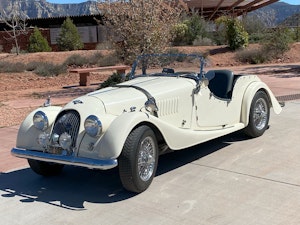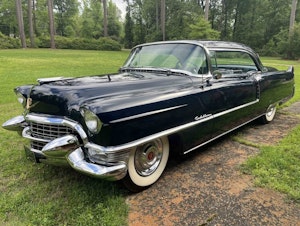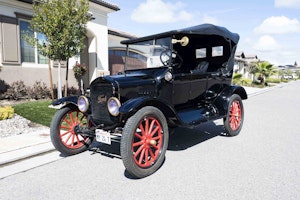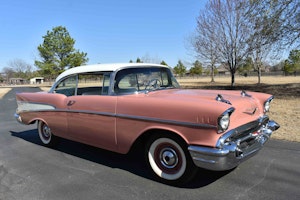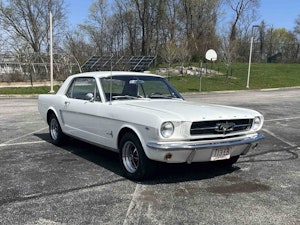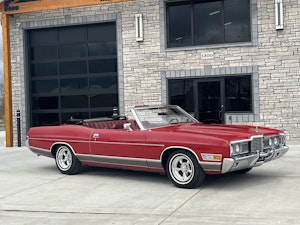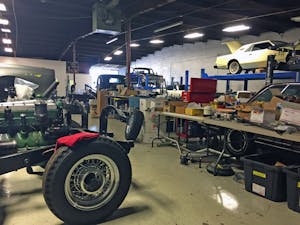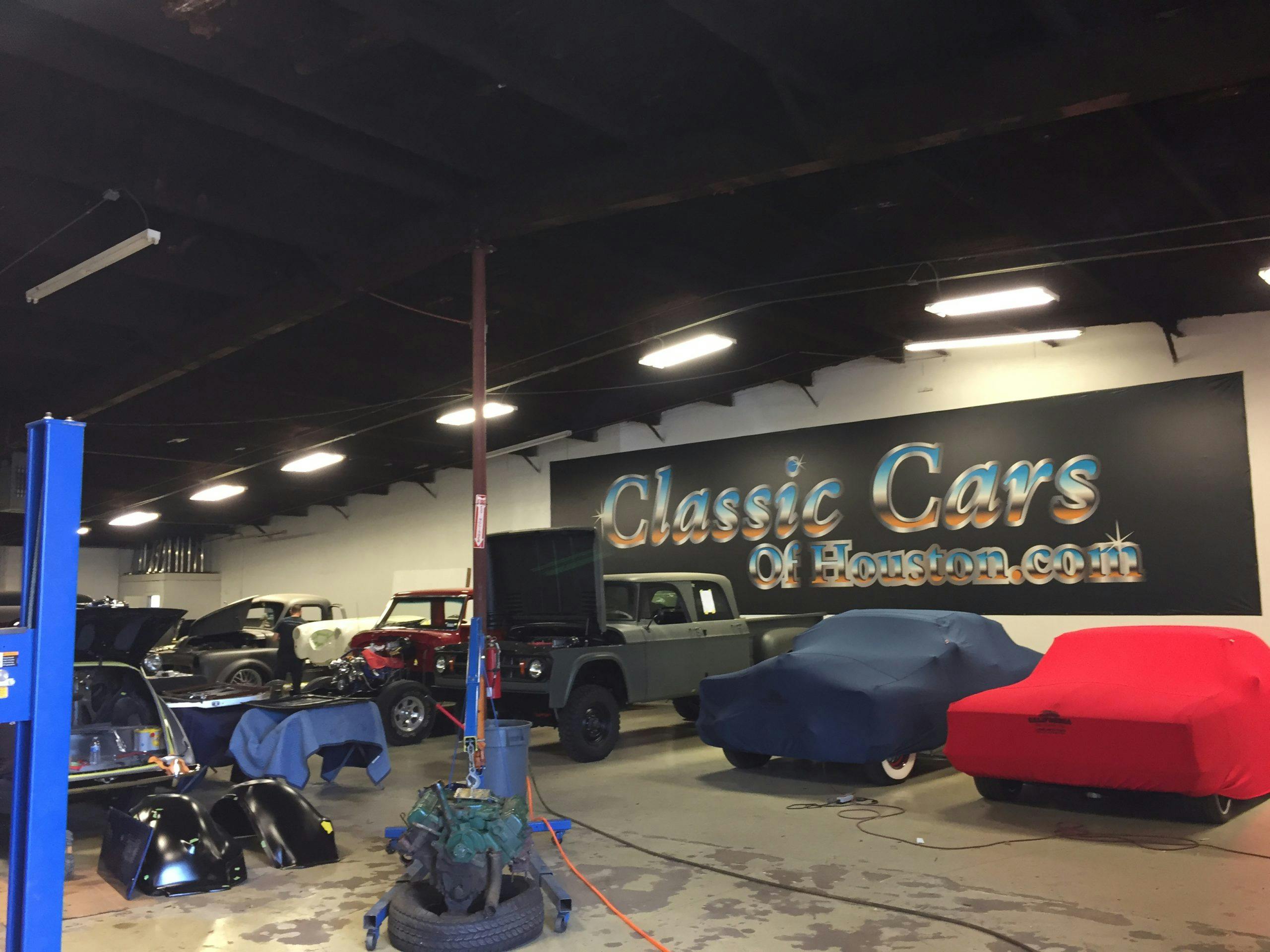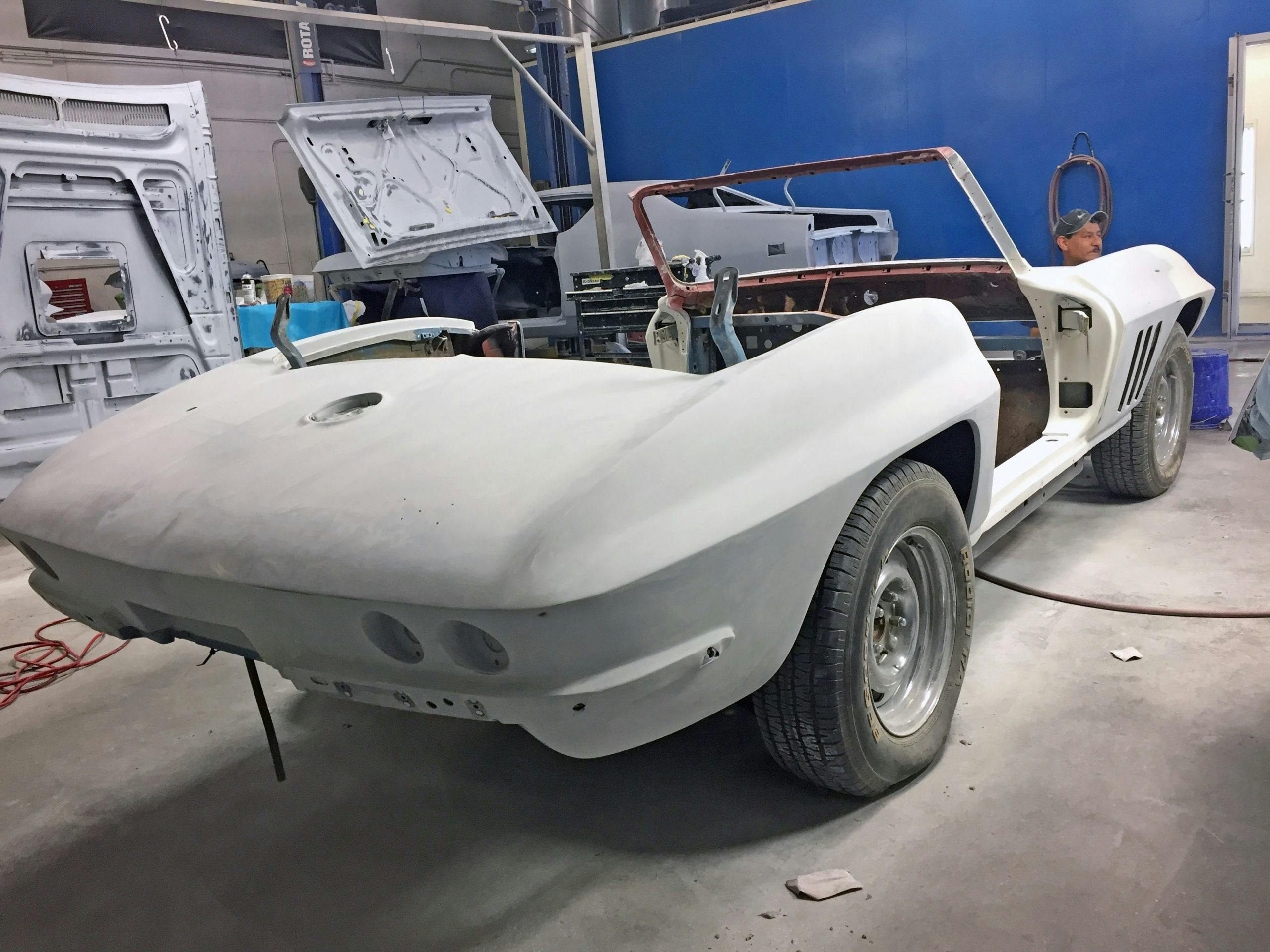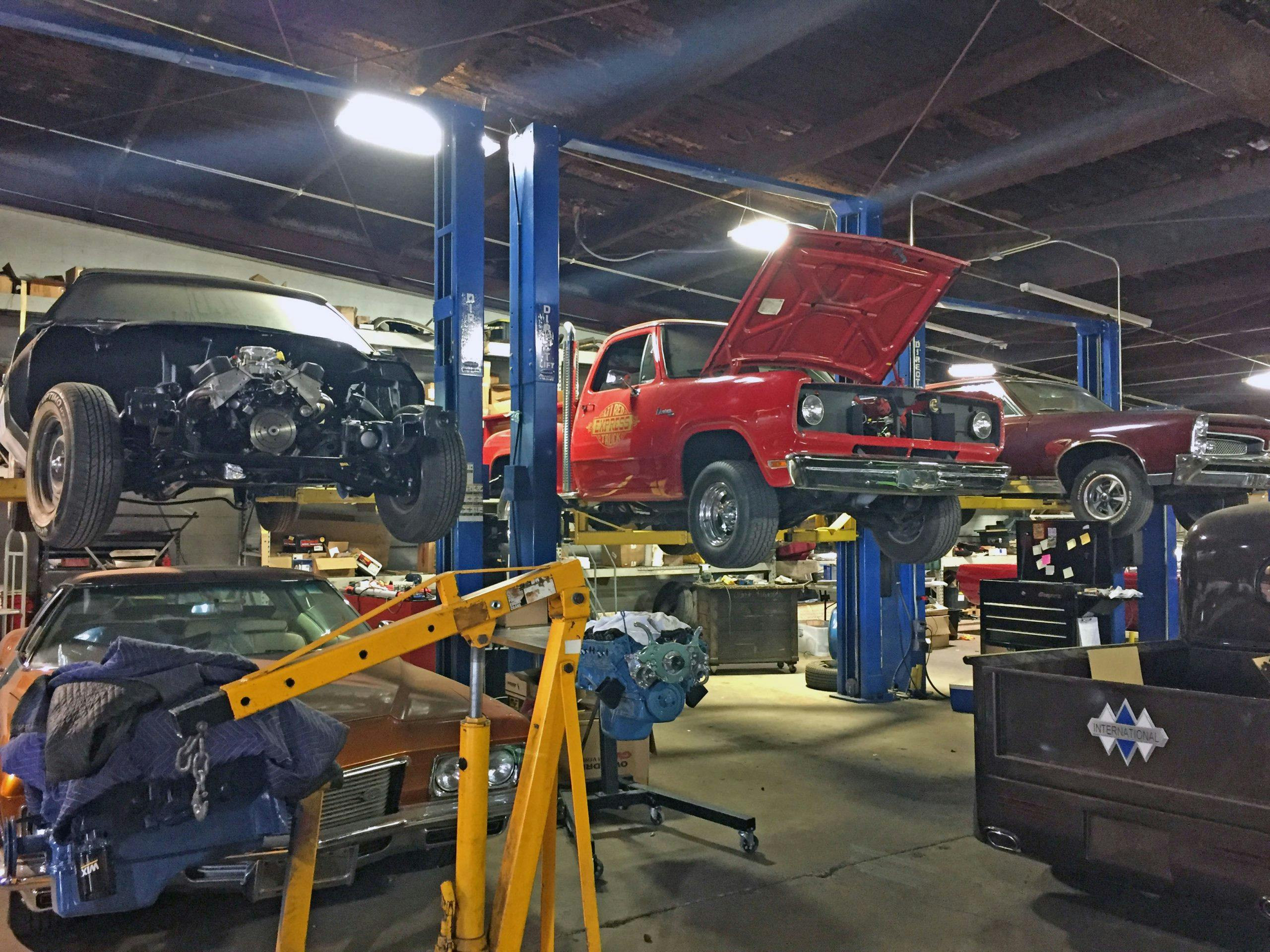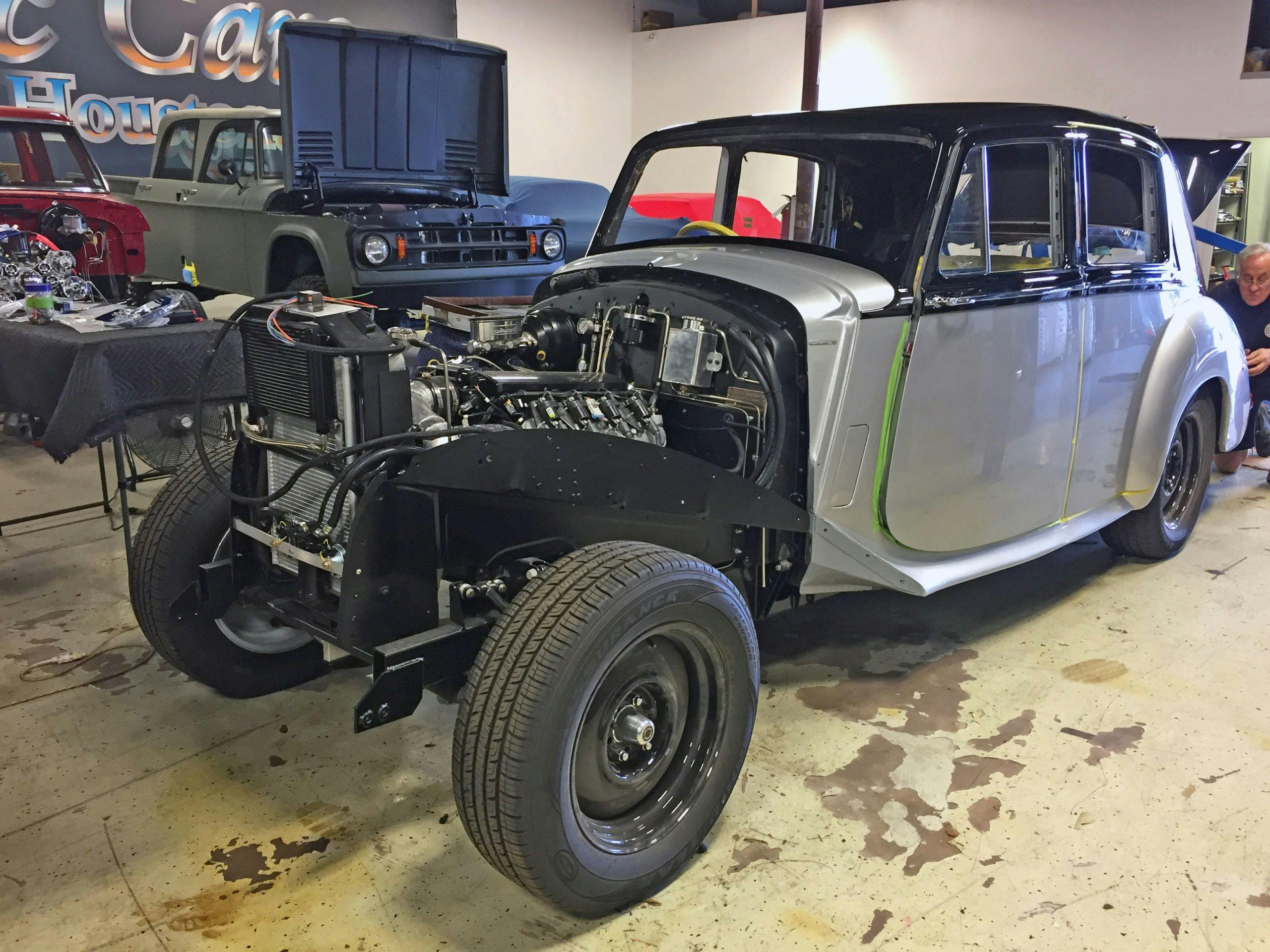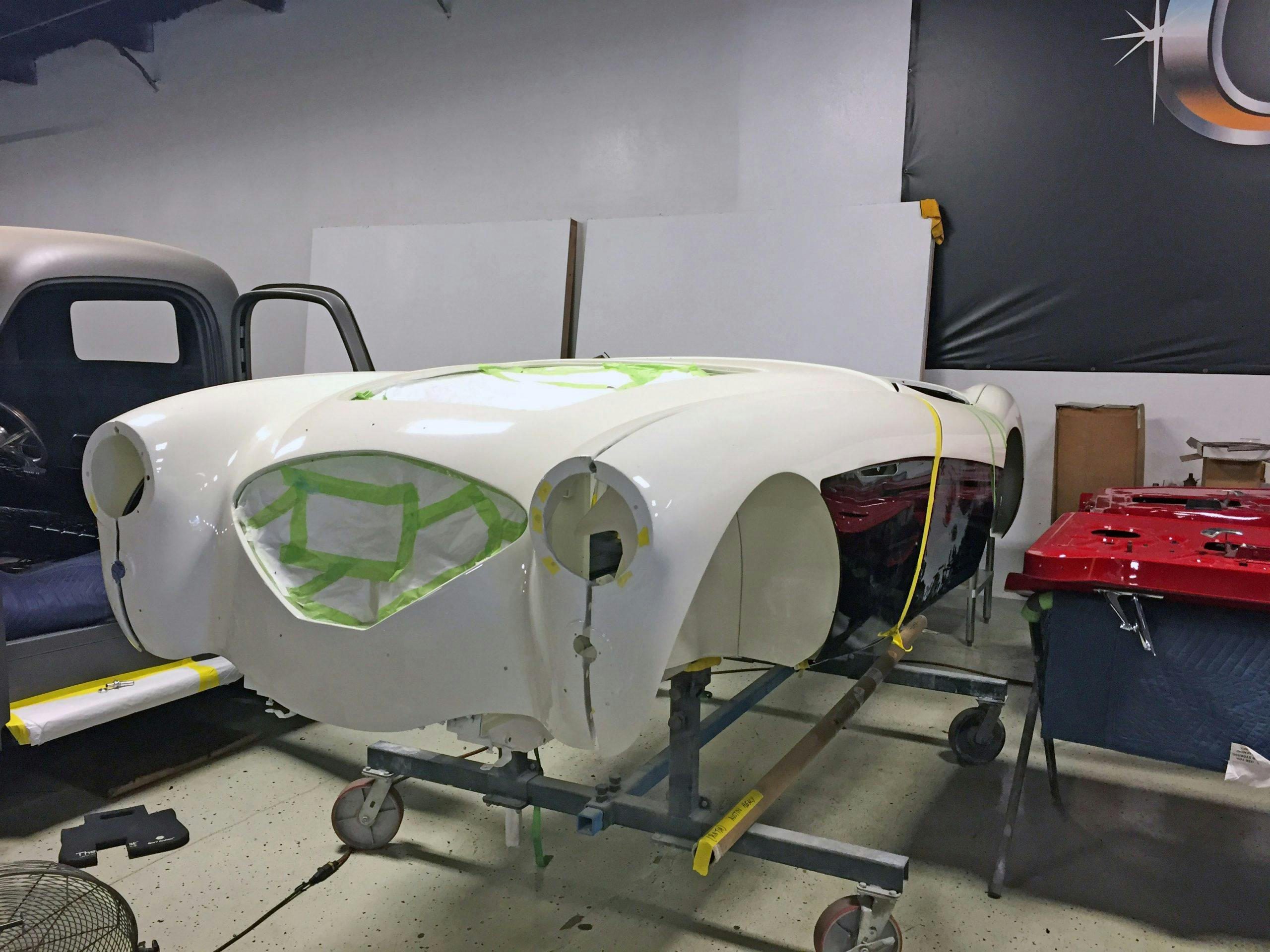Media | Articles
Automotive restoration will have to adapt for the future

Jeff Pate is not who you’d expect to build an automotive restoration empire from scratch. The 39-year-old, college-educated former mechanic apprentice started with an entrepreneurial gamble, a small-scale restoration operation nestled within a large metropolitan area. These days, Classic Cars of Houston touts itself as the largest auto restoration shop in the U.S., with 85 ongoing restorations in a 30,000 square foot facility. It’s quite likely this claim is for real; vehicles in his shop change every few weeks, with a waiting list longer than a Caddy’s tail fins.
Judging by the number of phone calls from tire kickers (so to speak) I heard during my visit, Jeff turns down more business in one week than most shops see in months. The niche business was considered a gamble to many but it survived, transitioning into a place for well-engineered restomods before reaching rarified air via concours restorations of icons like the Mercedes-Benz 300 SL (below) and the terrifyingly complex Aston Martin Lagonda.
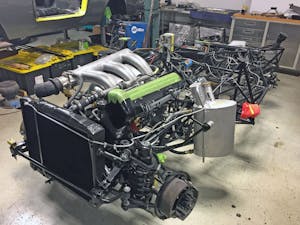
I’ve known Jeff for years*, and his professional and personal growth gives him a unique perspective into the classic car restoration business in a pivotal moment for the industry. He feels that stronger headwinds headed his way after the COVID-19 outbreak.
Initially, Jeff’s incoming leads went to zero, but they’re coming back. He attributes the low volume partially to the fact that automotive restorations are low priority for a family budget: such services rarely benefit everyone in the household, and paying someone else for car restoration rarely increases the value of the car beyond that expense. But there’s a larger, compounding factor in the COVID era: a shift from in-person auctions to purely online platforms. Jeff normally receives a large number of qualified leads from winners of the Mecum auctions in Houston. It was a good revenue stream—these cars rarely needed time-consuming, full-blown restorations but required work to become the vehicle the buyer thought they bought.
That’s because in-person auctions are a full-blown spectacle: there’s auctioneer/ringman showmanship, vehicle details glossed over by bright lights, CNN-worthy amounts of graphical distractions, and a hoard of volunteers pushing vehicles out after bidding ends. VIP Hospitality suites and other avenues for additional excitement aid the in-person auction experience, none of which exists in online auctions.
Marketplace
Buy and sell classics with confidence
Websites like Bring a Trailer (BaT) remove the in-person auction mentality, and cold, hard facts play a greater role in decisions. Jeff thinks these customers do not have the “money to burn” mentality like those of freshly-purchased TV auction winners. Consider the online shopper’s demand for high-resolution photos, detailed underbody shots, walk around/driving videos, lengthy written descriptions, and days of inspection time. It’s a totally different purchase experience.
Jeff also notes that BaT is changing demographics, with excitement concentrated around imported and formerly disposable vehicles from the 1980s and 1990s. That absurdly expensive Civic Si is only the tip of the iceberg: there’s a correlation between the rise of modern classics and flat if not waning interest in staples like Tri-Five Chevrolets, first-gen Camaros, and second-gen Chevelles. Hagerty data shows values of ’55–’57 Chevy 210s remained steady from 2007-2017, while Bel-Air models have only risen $1200 since 2007. The ’67–’69 Camaros followed suit, with largely flat values over the past two years, other than Z/28s, which are down about 9 percent. The same applies to ’68–’72 Chevelles, which are flat over the last two years.
Jeff also sees the increased popularity of electrified and self-driving vehicles as a threat to his business model. “It’ll put me in the horseless carriage business,” he says. Which isn’t so bad, maybe. Classic cars might one day be a more a high-margin, profitable enterprise much in the way the equine industry supports those who race and show horses or play polo.
Customer service will also evolve: Jeff notes that older folks have more realistic notions for a restored classic, adding that “expectations won’t match the reality of restored cars” for younger people because of their experiences with modern vehicles. He noted many older folks also “wrenched out of necessity” while younger people have more time for hobbies that distance themselves from understanding the restorative process.

While Jeff doesn’t focus on a single brand, he believes restoring newer cars requires even more brand-specific skill sets. After restoring the aforementioned Aston Martin Lagonda, Jeff vowed to “never do that again unless I treated it like a hot rod and LS-swapped it with off-the-shelf parts.” A smart business decision if I’ve ever heard one!
The brutally complex Lagonda is an extreme scenario, but it points to a shift in the automotive hobby: perhaps a hybrid restoration model of pairing the craftsmanship of a restoration shop with the brand-specific knowledge of a specialty garage (to sort out the final details) is our restorative future?
In any case, Jeff believes generational tastes, the COVID-19 pandemic, and online auctions will forever alter his professional landscape. That said, you can count on people to fall in love with a car, no matter the circumstances or medium. Restoration shops will have to adapt to capitalize on opportunity in whatever form it takes. Perhaps Jeff is on the right track. There’s no similar business within hundreds of miles, and nearby muscle car/hot rod shops aren’t even wading into the Google keywords he uses with great success. Only time and our collective collector tastes will tell.
*Full disclosure: Sajeev is also one of Jeff’s customers. Perhaps not a very good one, as his project has been on the back burner while the business grows via less complicated projects with less picky customers.
